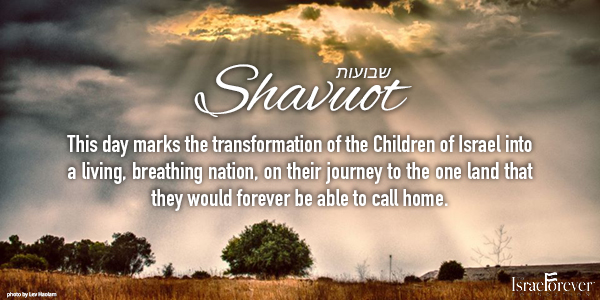The Shavuot Paradox
By Dr. Jonathan Mirvis
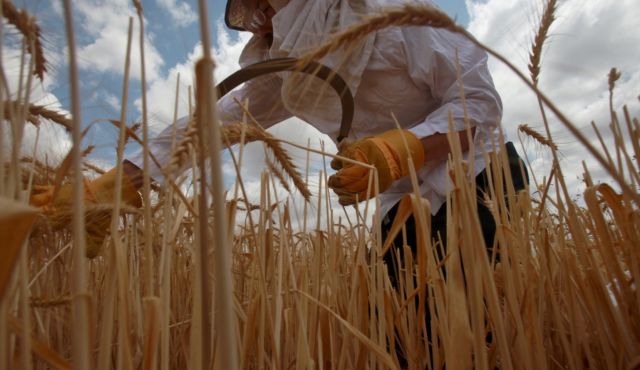
Copyright © Gil Cohen Magen
Among the festivals mentioned in the Bible, Shavuot is perhaps the least known and the least celebrated. Whereas Pesach and Yom Kippur are celebrated in most Jewish homes worldwide, Shavuot remains in the background.
In Israel, Shavuot is a known festival because it is a public holiday that has become the culinary festival of dairy products. In the Diaspora, however, Shavuot does not have a “national” significance and many Jews are not even aware of the very existence of the festival.
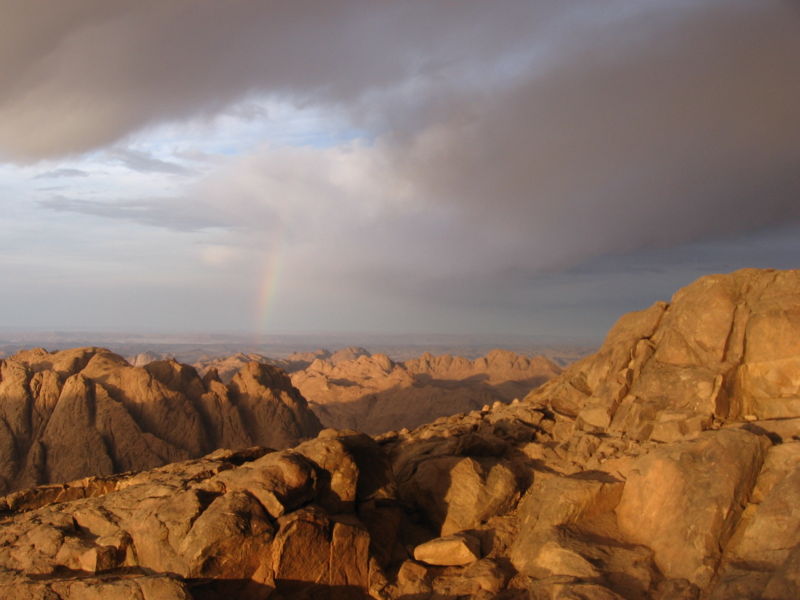
The “non celebration” of Shavuot is paradoxical given the important significance of the festival.
Shavuot marks the end of the seven week counting of the Omer cycle starting from Pesach and is a culmination of the Exodus from Egypt.
On Pesach we celebrate the birth of the Jewish people, the birth of our nationhood. On Shavuot we have a double celebration, the celebration of our inheriting the Land of Israel and the celebration of the Revelation at Sinai, a celebration that was added in the post Talmudic period.
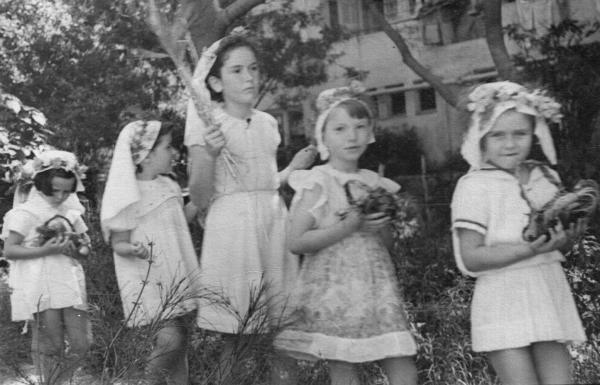
The celebration of inheriting the Land of Israel was marked by a pilgrimage to the Temple and the bringing of the first fruits. This Temple focus of Shavuot made it the “Israeli Festival” par excellence with almost no significant manner of celebration in the Diaspora, to be later translated into a celebration of Israeli agriculture and community.
Later on when the festival became a celebration for the Revelation and the receiving of the Torah this second aspect of Shavuot became the primary facet of celebration with Shavuot becoming dedicated to Torah study.
Thus on Shavuot we celebrate the completion of the Jewish triangle. Jewishness is not only expressed as a nationality but as a religion and a connection to the Land of Israel as well.
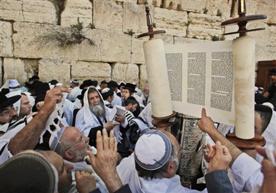
We read the Book of Ruth on Shavuot to remind us how Ruth the Moabite realized that in order to become Jewish, she has to embrace these three dimensions. She follows Naomi to Israel leaving her native Moab and declares unequivocally “your people shall be mine and your G-d shall be mine.”
It is also interesting to note that anti-Semitism has chosen to point its venom at each one of these three dimensions in different times of history.
In the period of the Spanish Inquisition, the persecution was pointed at Jewish religion, i.e. a Jew who adopted Christianity was saved. In the Nazi period the final solution was aimed at Jewish peoplehood, i.e. a person who had Jewish roots was doomed to the gas chambers.
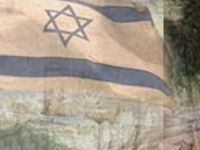
Today Islamic anti-Semitism is directed at diminishing the Jewish connection with Israel.
Regretfully Shavuot has become a reflection and description of the Jewish reality. In those circles in which Jewish identify is strong, the festival is celebrated in meaningful ways. However in those circles in which Jewish identity is weak, it is almost a “non festival”.
Jewish religion in whatever form and a connection to Israel are proven mechanisms for strengthening Jewish identity. If we succeed in raising the importance on Shavuot and focus creatively on larger populations, Shavuot will become a major celebration of not only our Jewish past but our Jewish future as well.
Dr. Jonathan Mirvis is the Hebrew University of Jerusalem's foremost academic specialist in adult education , social entrepreneurship and social innovation. In addition to his academic work Jonathan is the International Director of The Florence Melton Adult Mini-School a global network of pluralist adult educational programs.
Click HERE for the full article.

